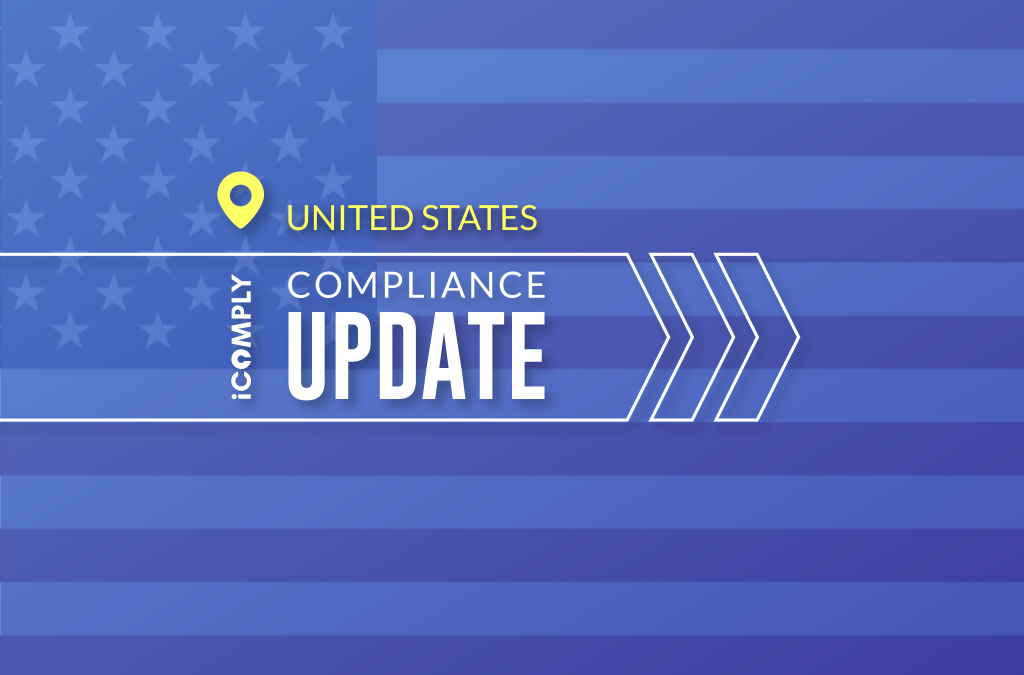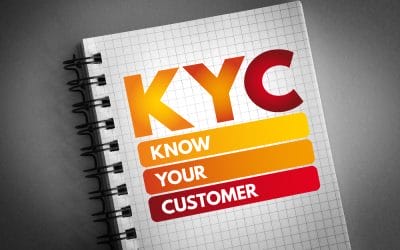U.S. Justice Department Uses Blockchain Forensics In 13-Year Jail Sentence

A woman in New York was sentenced for funding ISIS through a virtual asset payment processor.
What Happened?
November 26, 2018: Zoobia Shahnaz, from Long Island, was caught providing material support of over US$150,000 to known ISIS-fronts in the countries of Pakistan, China, and Turkey.
Zoobia fraudulently acquired credit card numbers and used them online to purchase over $60,000 worth of bitcoin (BTC) and other cryptocurrencies between March and June 2017. The funds were transmitted via wire transfer.
Zoobia was apprehended at John F. Kennedy airport in July 2017 while attempting to board a flight to Istanbul. Authorities suspect she was trying to find a backdoor into Syria to join ISIS.
Source: https://www.justice.gov/opa/pr/new-york-woman-pleads-guilty-providing-material-support-isis
Who Is Impacted?
Payment processors facilitating virtual asset transactions.
Why This Matters?
Authorities today are using blockchain analysis tools to trace the origin and transfer history of blockchain assets, including cryptocurrencies like bitcoin. These tools, when used to identify the source of funds, are capable of fighting fraud and the financing of terrorism, like in the case of Zoobia Shahnaz from New York.
Anyone participating in the value-chain of digital assets plays a role in combatting this kind of online fraud. Trading Platforms, Payment Processors, OTC Brokers, and Money Services Businesses bear the responsibility of identifying their customers, monitoring their transactions, and reporting suspicious activity.
What’s Next?
With the appropriate KYC and AML tools in place, fraud by stolen credit card can be prevented in the future. Had a live face match been performed on Zoobia when she tried to use someone else’s stolen personal credit information, it is unlikely she would have able to acquire the cryptocurrency she used in her scheme.
learn more
Is your AML compliance too expensive, time-consuming, or ineffective?
iComply enables financial services providers to reduce costs, risk, and complexity and improve staff capacity, effectiveness, and customer experience.
Request a demo today.
iComply Investor Services Inc. Forms Strategic Partnership with Qoden to Enhance KYC Processes
Vancouver, Canada - iComply Investor Services Inc., a leader in compliance technology, is excited to announce a strategic partnership with Qoden, a premier technology company specializing in advanced trading platform solutions. This partnership is centered around...
Overcoming Challenges in Digital Identity Verification for Enhanced Security
In an increasingly digital world, verifying the identity of individuals in online networks has become an essential part of security and compliance measures. With users from all over the globe utilizing digital applications to handle their banking, asset management,...
The Impact of Neobanks on AML and KYC Compliance: Ensuring Security in a Decentralized Era
As global financial institutions collectively face the reality of managing a consumer base that has aggressively adopted an increasingly digital presence, traditional banks are also facing a rising challenge in competing against a rapidly decentralizing model of...




